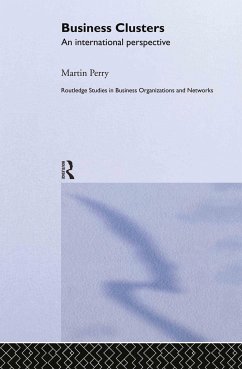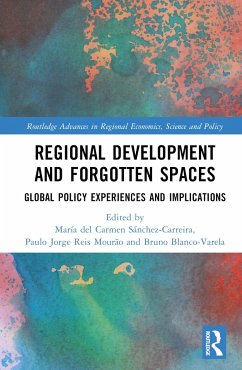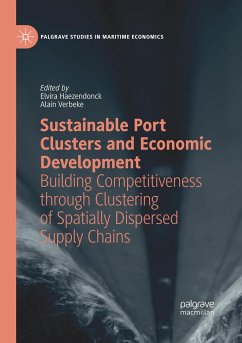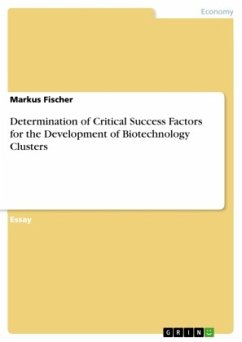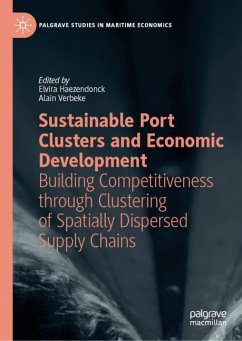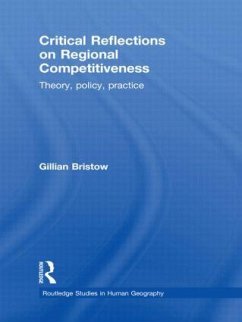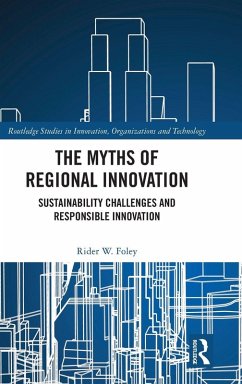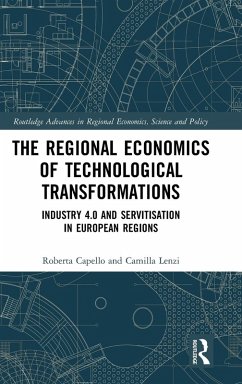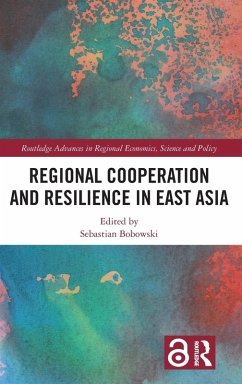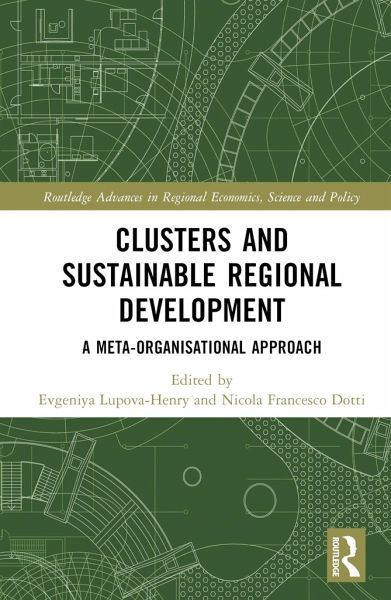
Clusters and Sustainable Regional Development
A Meta-Organisational Approach
Herausgeber: Lupova-Henry, Evgeniya; Dotti, Nicola Francesco
Versandkostenfrei!
Versandfertig in 1-2 Wochen
149,99 €
inkl. MwSt.
Weitere Ausgaben:

PAYBACK Punkte
75 °P sammeln!
Clusters and Sustainable Regional Development conceptualises the role of organised clusters in the transition towards sustainability. It introduces a novel perspective on these clusters, viewing them as deliberate collective actors within their environments that can become the driving force for transformation in their regions or nations.




